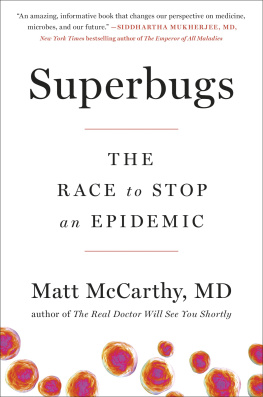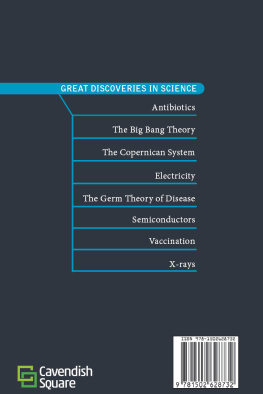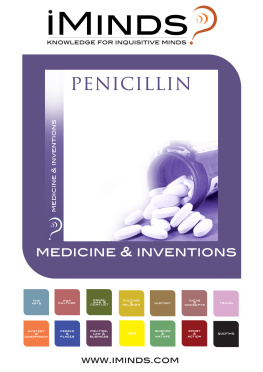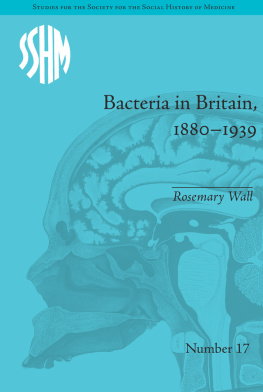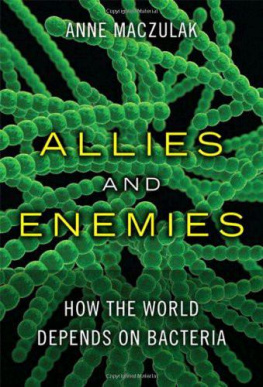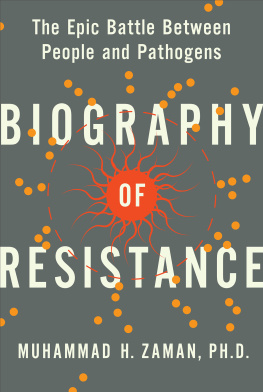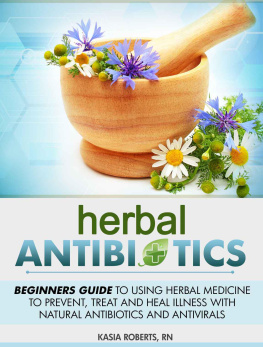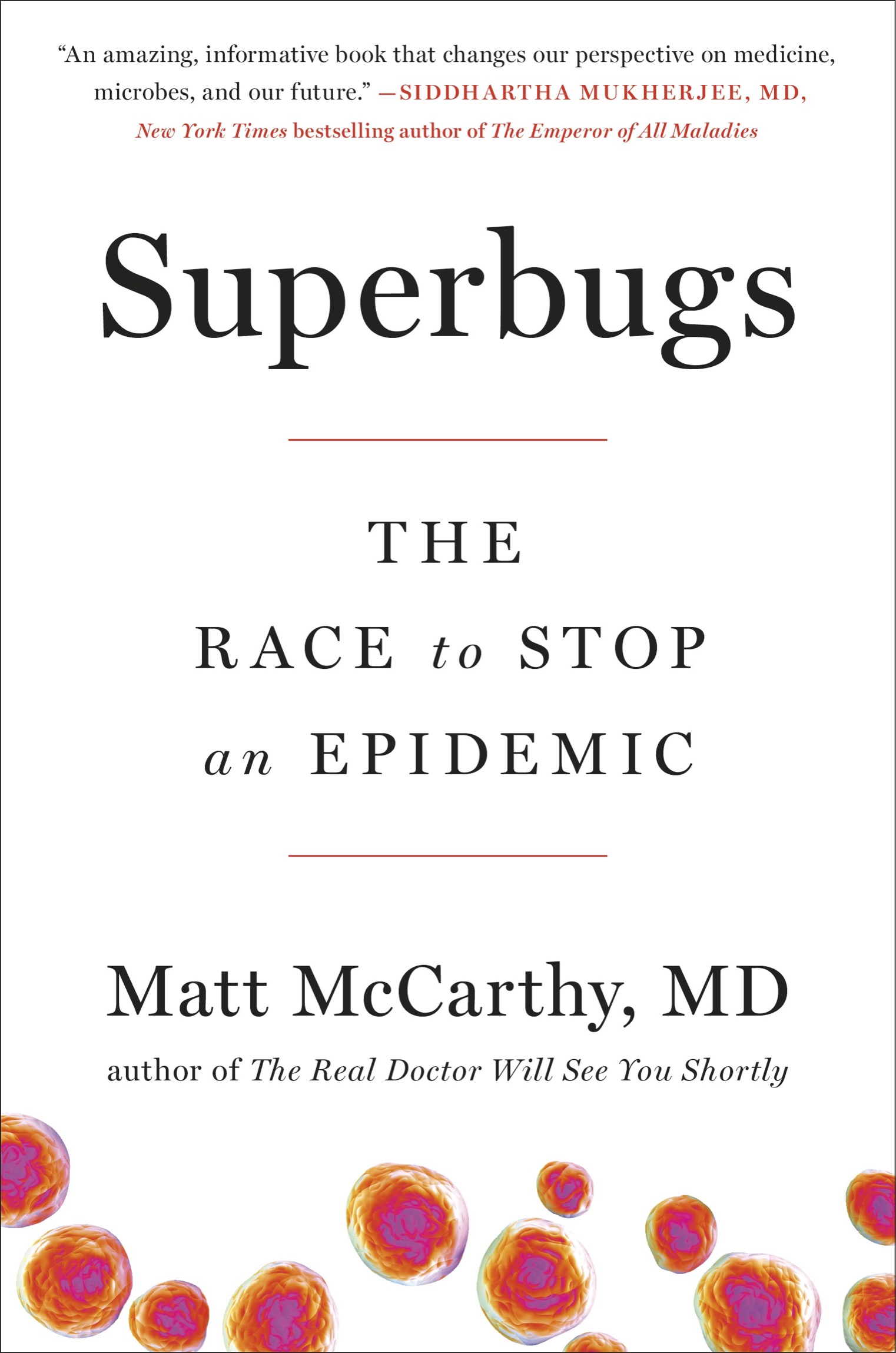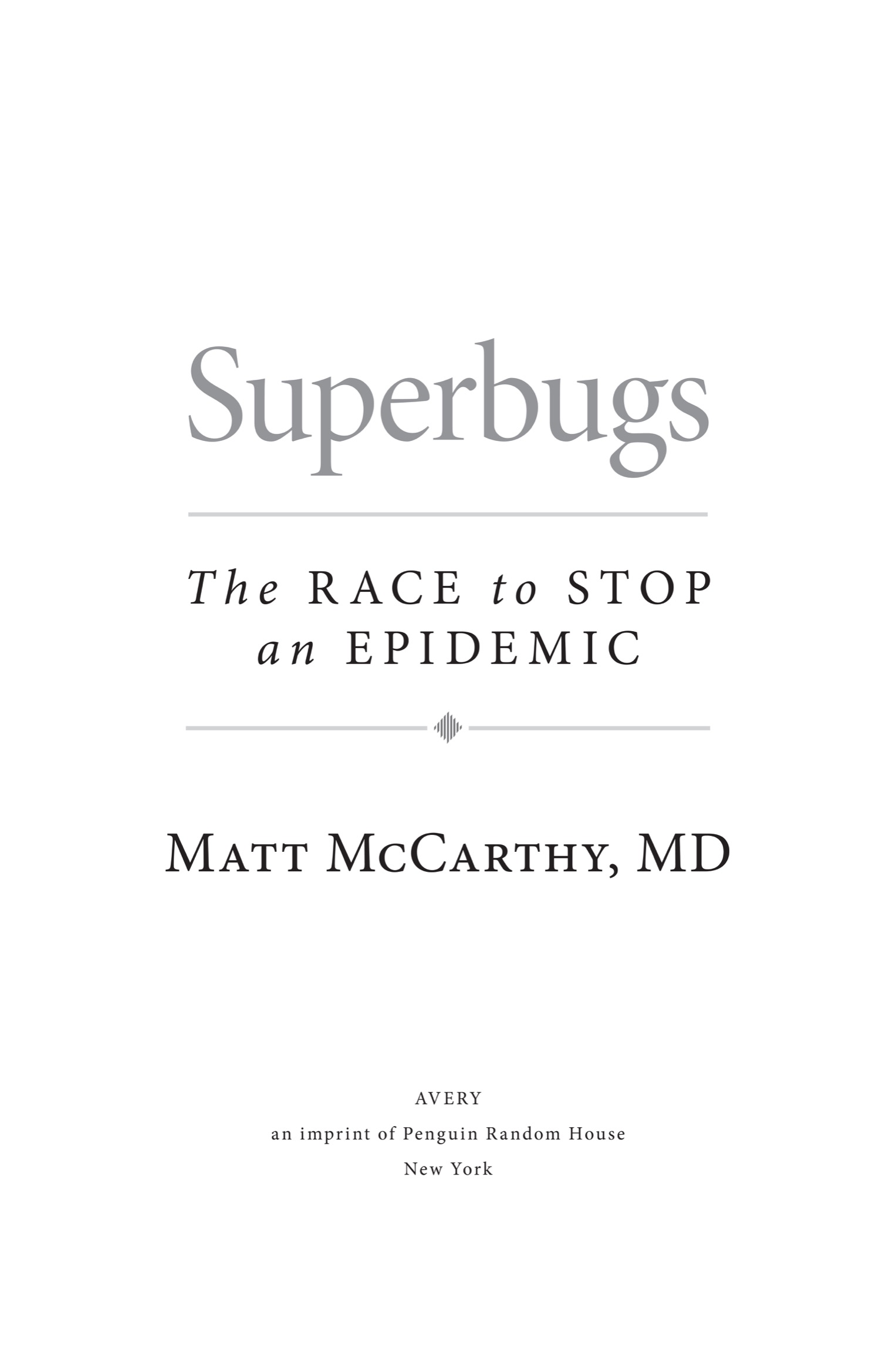T HIS IS A true story about a clinical trial, and the people I have written about are real. However, in order to ensure patient privacy and maintain the confidentiality of others, this work has been carefully vetted to comply with the Health Insurance Portability and Accountability Act (HIPAA), and throughout the book, names, dates, and personal identifying details have been changed.
Prologue
I T WAS JUS T after dawn when I felt the buzz on my hip. I broke stride, put down my coffee, and glanced at my pager: I was needed in the emergency room. It was 2014, an unseasonably warm October day, and the text induced a flurry of anxiety and excitement. After eleven years of training, I had accepted a position as a staff physician at NewYork-Presbyterian Hospital, a tertiary care center on the Upper East Side of Manhattan, and a patient had just arrived with a perplexing infection, one that had stumped the team in the ER.
A moment later, I was standing before a group of medical students and residents and my new patient. The young man writhing on the stretcher was an African American mechanic from Queens named Jackson, with dark-green eyes and a small Maltese cross tattooed onto his neck. He had been shot, and a large area surrounding the bullet, which was still lodged in his left leg, looked infected. As I peered into jagged edges of the entry wound just above Jacksons knee, a student handed me a piece of paper. The printout revealed the results of microbiological test, which caused my eyes to bulge. My patient, I discovered, was infected with a nimble and aggressive new bacterium that was resistant to every antibiotic at my disposal, except for one: colistin.
I had used the drug only a few times in my career and never with good results because it was so outrageously toxic. Colistin might kill bacteria, but it destroyed kidneys and other internal organs in the process, leaving many of my patients with just two options: dialysis or death. Antibiotics that had proven so effective just a short time ago were now useless, and if I wanted to save this young mans leg, it was my only option. I shook my head and handed the paper back to my student. Not good. More than twenty thousand people die every year in the United States from antibiotic-resistant infections, and the pipeline of drugs to treat them is always on the verge of drying up. I crouched to meet Jacksons eyes and carefully considered my words. You have an infection, I said. A severe infection.
The mans gaze darted from me to the men and women standing in a horseshoe behind me. How severe? He took in a small breath of air and held it, waiting for me to say something. It felt like an hourglass had been flipped; suddenly the tiny room was very hot. I took off my white coat and rolled up my sleeves. Quite severe.
His eyebrows raised, and I reflexively extended my arm to hold his hand, but caught myself. I wasnt supposed to touch this patient without protection. I pivoted back to my team. Everybody out. Now. I pointed toward the door. Ill be right back. Just outside of his room, I put on a disposable yellow gown and a pair of purple nitrile gloves, and returned to the bedside alone. Its very hard to treat, I said, but not impossible.
Jackson was now breathing very quickly, on the verge of hyperventilating, as sweat beaded on his forehead. He grasped his thigh, inches above where the bullet had entered. Beneath his fingertips, bacteria were rapidly multiplying, devouring muscle and bone. Am I gonna lose it? he asked. The leg?
In truth, I wasnt sure. Only colistin had a chance of destroying the infection, but there were no guarantees. The last person I prescribed it to died twelve hours after she received it. The one before that died while receiving it. I dont think so, I said, as confidently as I could. I squeezed his sweaty hand and tried to imagine how I would summarize the nuances of the case for his wife and children. They would need to take special precautions just to be in the same room with him. Were going to get through this, I said as his eyes began to water. We will.
I left the room, removed my gown and gloves, and addressed my team. Start colistin, I said. One of the residents frowned as she scurried to a computer to put in the order. Then we vigorously washed our hands and moved on to the next patient.
When rounds were over, I walked across the hospital to the office of my research collaborator, Tom Walsh, director of the Transplantation-Oncology Infectious Diseases Program. Walsh is a wisp of a man, pale and thin like a potato chip, with deep-set eyes, a warm smile, and a surprisingly firm handshake. His modest features are a notable contrast with my own: I have a high forehead, broad shoulders, and a nose thats slightly too large for my face.

